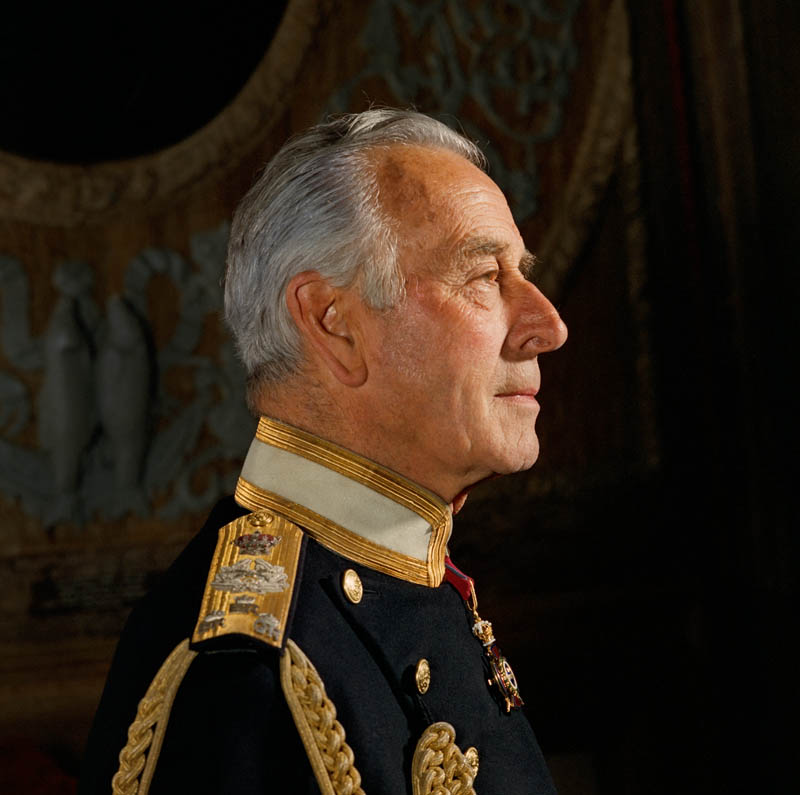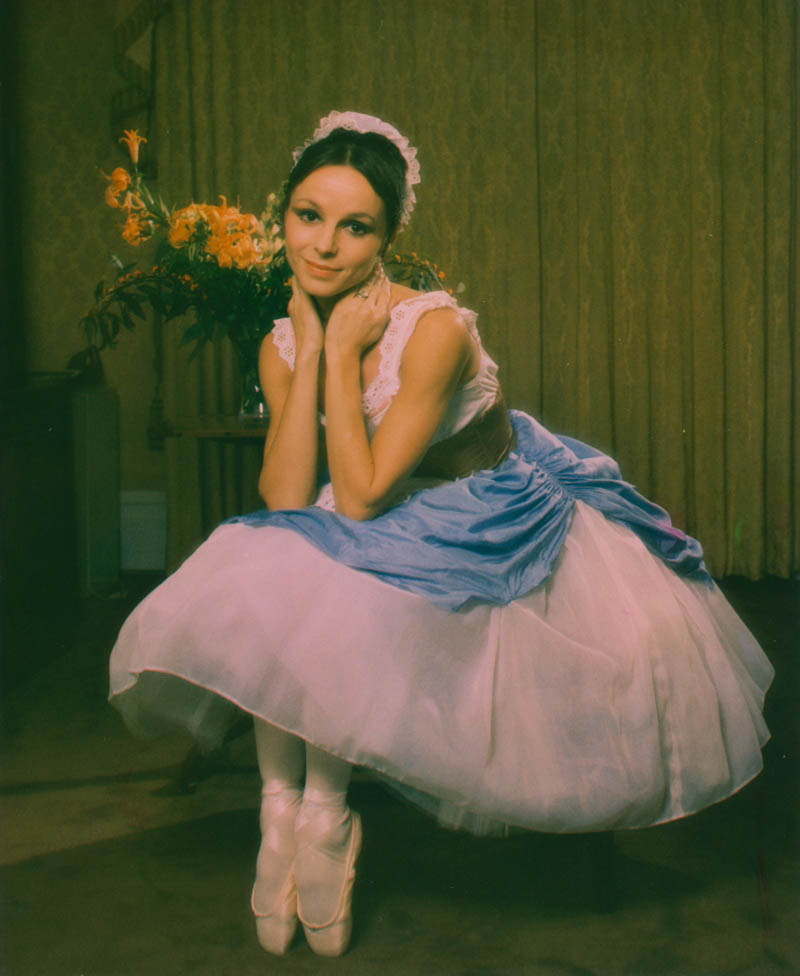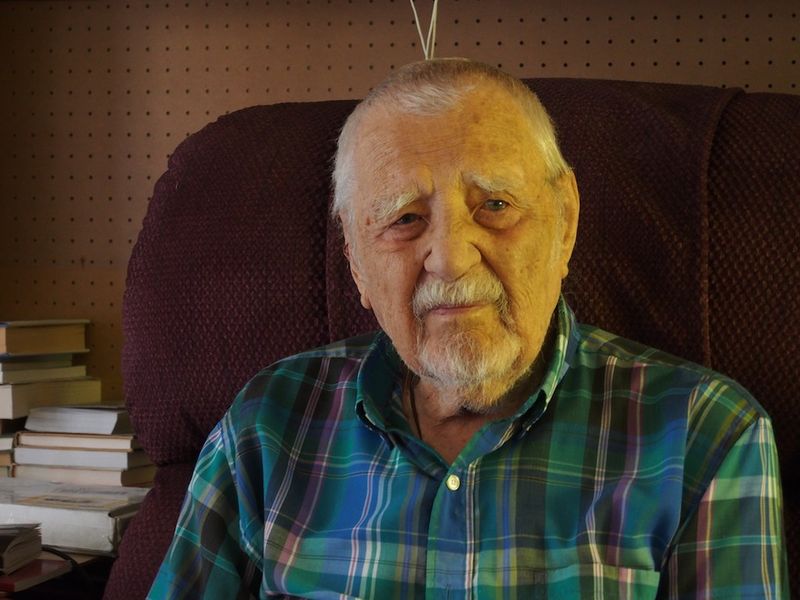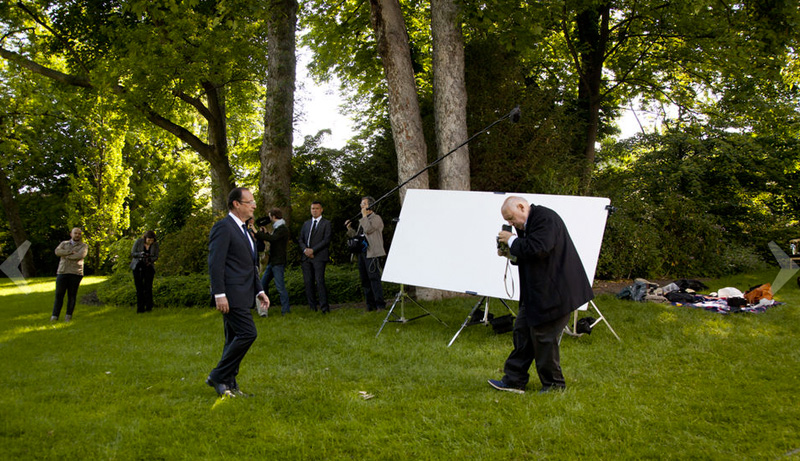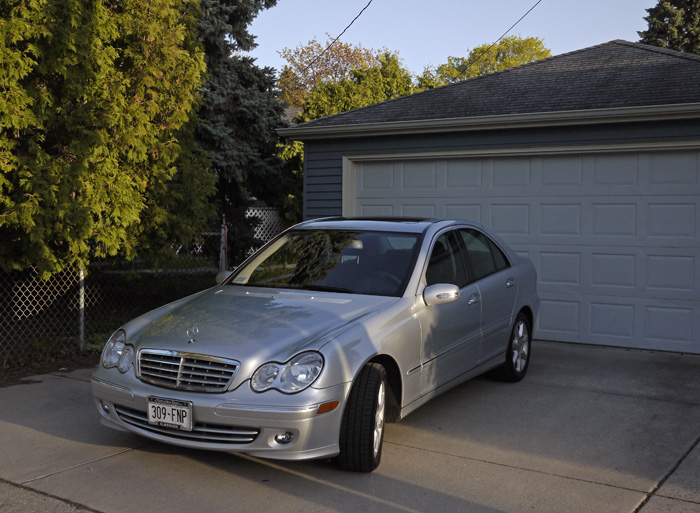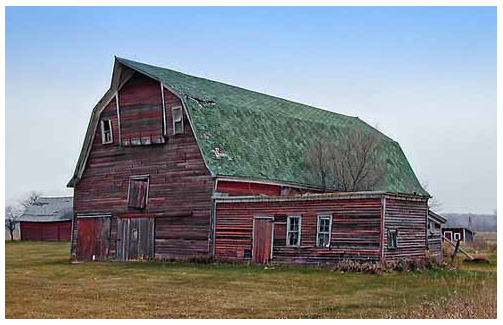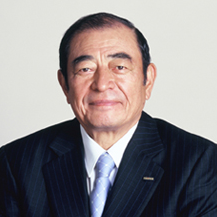"As a photojournalist, what role did I have in this tragedy, and what is it now, in the aftermath?"
—Lauren Pond
Lauren Pond is a Washington, D.C. photojournalist who was engaged in a long-term project photographing a Pentecostal snake-handling sect. Her main subject in the project was a generous and forthright pastor of the The House of the Lord Jesus, Mack Wolford, whom she had befriended.
After she'd worked on the project on and off for more than a year, at an "evangelistic hootenanny of Christian praise and worship" at a Wildlife Area in the mountains 80 miles west of Bluefield, West Virginia, her friend Pastor Wolford was bitten by a snake. After many hours of suffering, he died a painful death—in the sight of her camera.
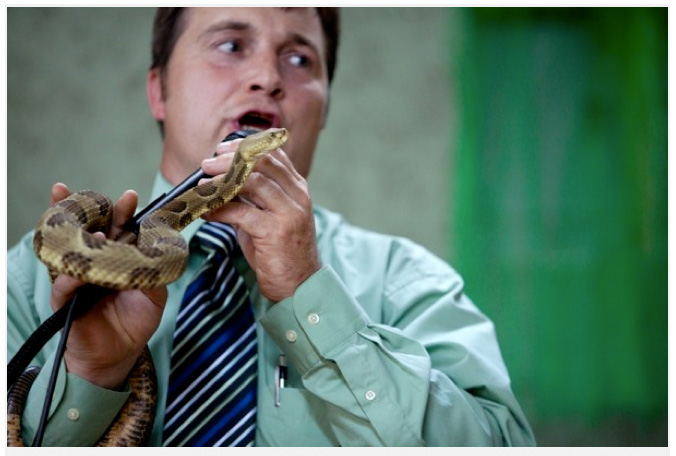 Pastor Mark Randall "Mack" Wolford died last Sunday. Photo by Lauren Pond.
Pastor Mark Randall "Mack" Wolford died last Sunday. Photo by Lauren Pond.
What are snake-handlers? Quoting an earlier Washington Post article by Julia Duin:
Mark Randall "Mack" Wolford was known all over Appalachia as a daring man of conviction. He believed that the Bible mandates that Christians handle serpents to test their faith in God—and that, if they are bitten, they trust in God alone to heal them.
He and other adherents cited Mark 16:17-18 as the reason for their practice: "And these signs will follow those who believe: in My name they will cast out demons; they will speak with new tongues; they will take up serpents; and if they drink anything deadly, it will by no means hurt them; they will lay their hands on the sick, and they will recover."
Pastor Wolford, who had been generous enough to have Lauren Pond as an overnight guest in his family's home, was bitten on the thigh by one of his eight snakes, a highly venomous yellow timber rattlesnake he had owned and used for Christian worship services for many years.
For hours, Pond stood vigil over, and documented, the pastor's drawn-out, agonizing death. Like the family members and co-religionists present, she respected Mack Wolford's wishes, and did not call paramedics.
When the pastor finally gave his permission to summon help, it was too late.
Now, Pond (here's her website) is troubled by her role.
The scene has been playing over and over in my head since then, and the questions are weighing on me: As a photojournalist, what role did I have in this tragedy, and what is it now, in the aftermath? Was it right for me to remain in the background taking pictures, as I did, and not seek medical attention for the dying pastor, whose beliefs forbade it? Or should I have intervened and called paramedics earlier, which would have undermined Mack's wishes?
She writes about her experiences and her doubts in The Washington Post.
Mack Wolford's father was also a snake-handling pastor, and also died of snakebite in early middle age. Wolford was 44.
Mike
(Thanks to Damon Schreiber)
Send this post to a friend
Please help support TOP by patronizing our sponsors B&H Photo and Amazon
Note: Links in this post may be to our affiliates; sales through affiliate links may benefit this site. More...
Original contents copyright 2012 by Michael C. Johnston and/or the bylined author. All Rights Reserved.
Featured Comment by Michael Sebastian: "Paramedics won't treat a competent person against his wishes. Similarly, as an anesthesiologist, I regularly encounter Jehovah's Witnesses, who refuse most transfusions. In deciding whether to accept them as patients, I have to be willing to let them bleed to death rather than commit battery by subjecting them to treatment while unconscious that they had refused when competent to do so.
"Not sure what the hand-wringing is all about here. For people of faith, there are things worse than dying. Wouldn't be my choice, but I'm not willing to compel a competent adult otherwise."
Mike replies: I find it a curious conundrum. Because, technically, he's not making the choice to die: he's making the choice to let god save him, which he believes is what's going to happen. My belief, were I in Lauren's place, would be that god is not going to save him, because god is imaginary; so if I have a duty to try to render lifesaving help where needed, then I would have a duty to render assistance to him.
So in order to respect his beliefs in this situation, by standing off and not attempting to save his life, I am acknowledging that our beliefs are equivalent—i.e., I'm admitting the possibility that his belief might be correct and mine might be false.
Ironically, what gives this argument its force to me is when I imagine our respective positions reversed. That is, if I were bitten by a snake, his belief might be that no action need be taken because god would step in to save me; but in that case, I would very much want him to defer to my belief, and call the paramedics.
So in letting him die I am scrupulously "doing unto others what I would have others do unto me." I am deferring to his belief because that is exactly what I would want him to do for me. Right?
Featured Comment by Steve Jacob: "Is this a photojournalism issue or a human one? In the end we all have to live with our choices. Using our profession as a cover is beside the point."
Featured Comment by David Johnson: "Years ago, I worked as a photojournalist for the Southwest Times Record in Fort Smith, Arkansas. I was given the privilege to be the first photojournalist to be granted unescorted, unlimited access to Arkansas' maximum security prison in Pine Bluff. While there, I had access to all areas of the prison, and found it remarkable how the inmates implicitly trusted me. Evidence of this included prisoners who showed me deadly homemade weapons, including knives.
"When the photo essay was published, the prison warden called our editor-in-chief. He was rightfully concerned about the presence of weapons in the prison population, and asked that I give him information about where I had seen those weapons. I respectfully declined.
"Here's why: For journalists, trust is the ultimate precious commodity. Without trust, there is no access. Without access, there is no story.
"Suppose, when I arrived at the prison, I announced to the prisoners that, anything I saw, any information I gathered, would be turned over to the prison warden. Do you think, knowing this, that any of the prisoners would have shown me their weapons, drugs, etc? The kind of access needed to tell the in-depth story of life in that prison would have been unattainable.
"Certainly, if I had told the warden where I saw weapons, it is possible that people might have been saved from injury or death. The irony is, if I had not been a trusted party, I would have never seen those weapons to begin with.
"In the same way, if Ms. Pond had announced up front that, if the pastor were bitten, she would insist on intervening medically, she would have never been given access to do this story.
"As journalists, we must look not only look at the situation in which we are involved, we must also look at the effect of our decisions on journalism as a whole. If we are given access to a circumstance because of trust, and then we break that trust, we have eroded the trust of all journalists, eroding the collective access we have to essential information."
Mike replies: Your second-to-last paragraph is certainly the case here: most snake-handlers are notoriously reticent to journalists. One thing that made Mack Wolford exceptional was that he was willing to open up to a reporter.
Featured Comment by Rob: "I am a retired physician who has dealt with a great many end-of-life situations. In medical practice, one of the core principles is that of patient autonomy, which asserts that a mentally competent adult patient holds the exclusive right to accept or reject medical treatment, even if rejecting it would result in death. This right cannot be overriden by well-meaning family members, friends or caregivers. Hence, from a medicolegal standpoint, there would have been no basis for forcing the pastor to receive any form of assistance which he clearly rejected. That is my opinion based on over 30 years of practice as a critical care specialist.
"As a human being, not a physician, I must say that I do not hold religious faith in the high esteem that many others do. Pastor Wolford and his flock may have believed that his death was the will of God, but I am not impressed by the evidence. He died in faith, but also because of faith. It was a tragedy that was completely avoidable."
Featured Comment by Bernd Reinhardt: "I used to shoot documentaries and have been in many situations of moral ambiguity before. I believe that her conscience is troubled not because she respected his wishes not to call an ambulance earlier, but because she knows that when you think something is not right for you, that is the time to put down the camera and walk away. Do I feel like this is something that has to be photographed for the greater good or am I just exploiting the moment, this is the tough question you have to answer for yourself."
Featured Comment by Charles M. Haskell M.D.: "I'm a retired medical oncologist and bioethicist. In my teaching I advised medical students to follow the 'Platinum Rule.' Namely, 'Do unto others, as they would have you do unto them.' It places patient autonomy at the center of the ethical argument. It is far more useful than the 'Golden Rule,' which suffers from the hubris of self-importance in decision-making."
